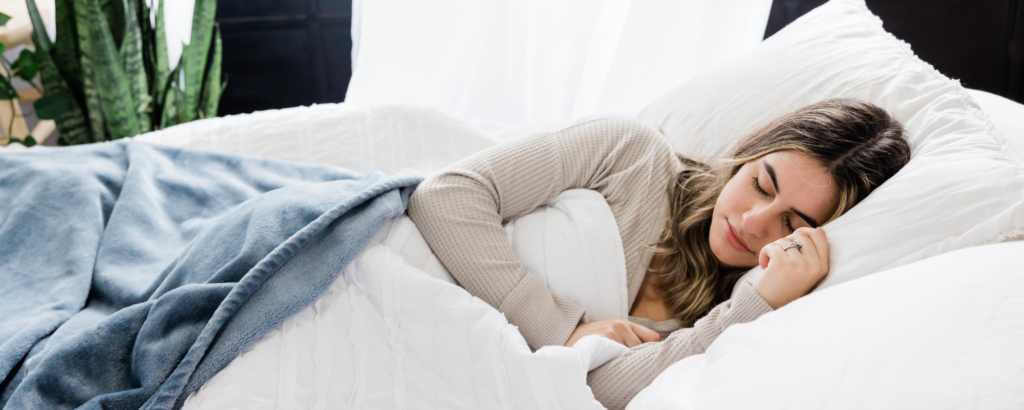The Importance of Sleep for Young Athletes

Dr. Holly Benjamin explores the critical role of sleep in the overall health and well-being of young athletes.
The Importance of Sleep for Health

When we think about the most important actions that we can take to protect our health, we usually consider behaviors such as partaking in regular physical activity or eating a nutritious diet. Yet, an often-overlooked aspect of maintaining a healthy lifestyle is sleep. Sleep has serious implications for your physical and mental health. Adequate sleep […]
